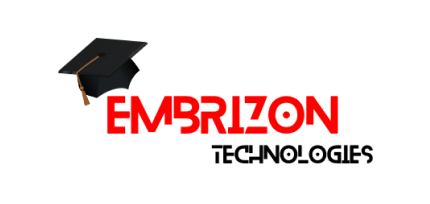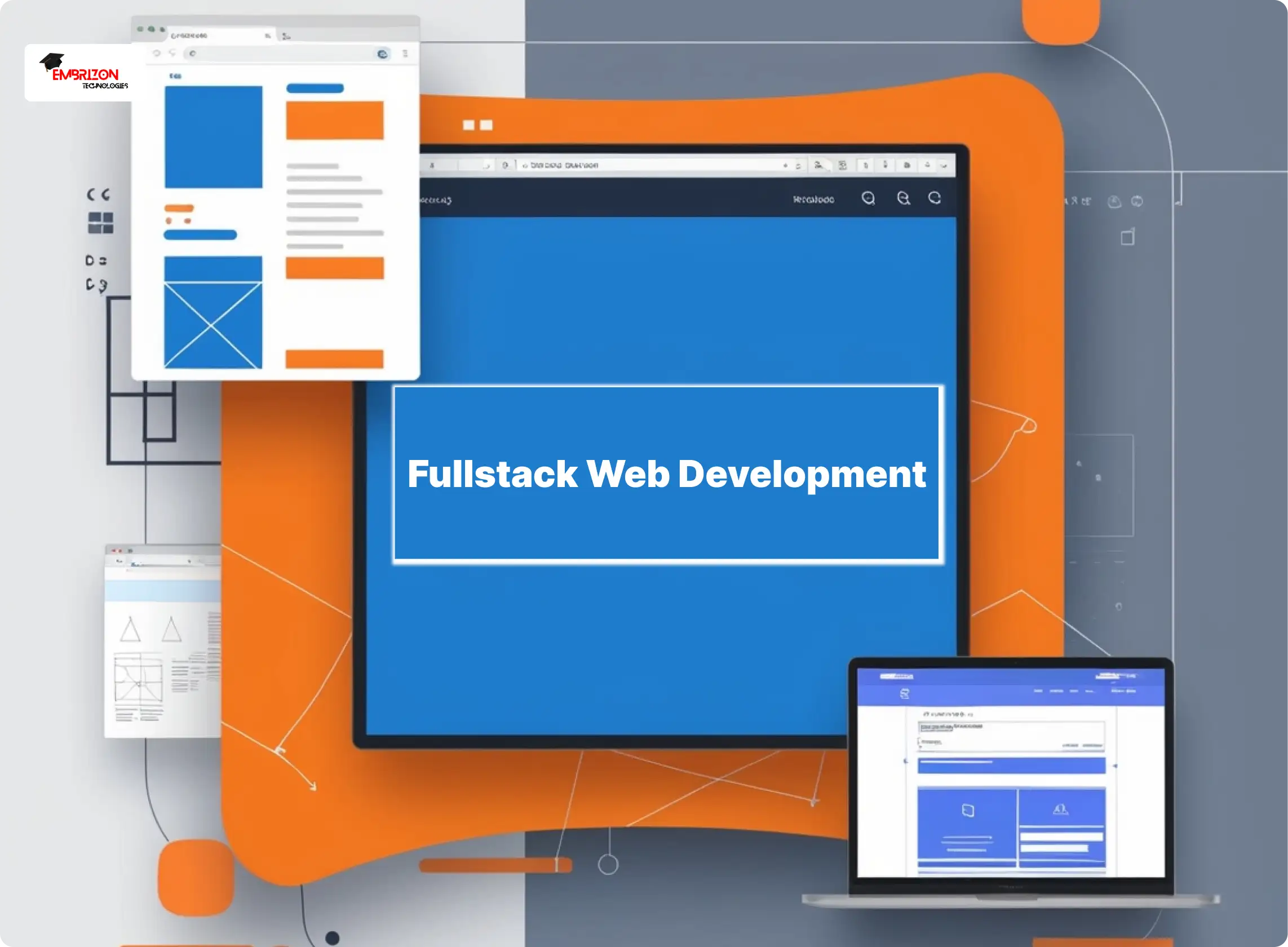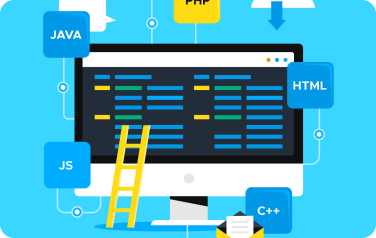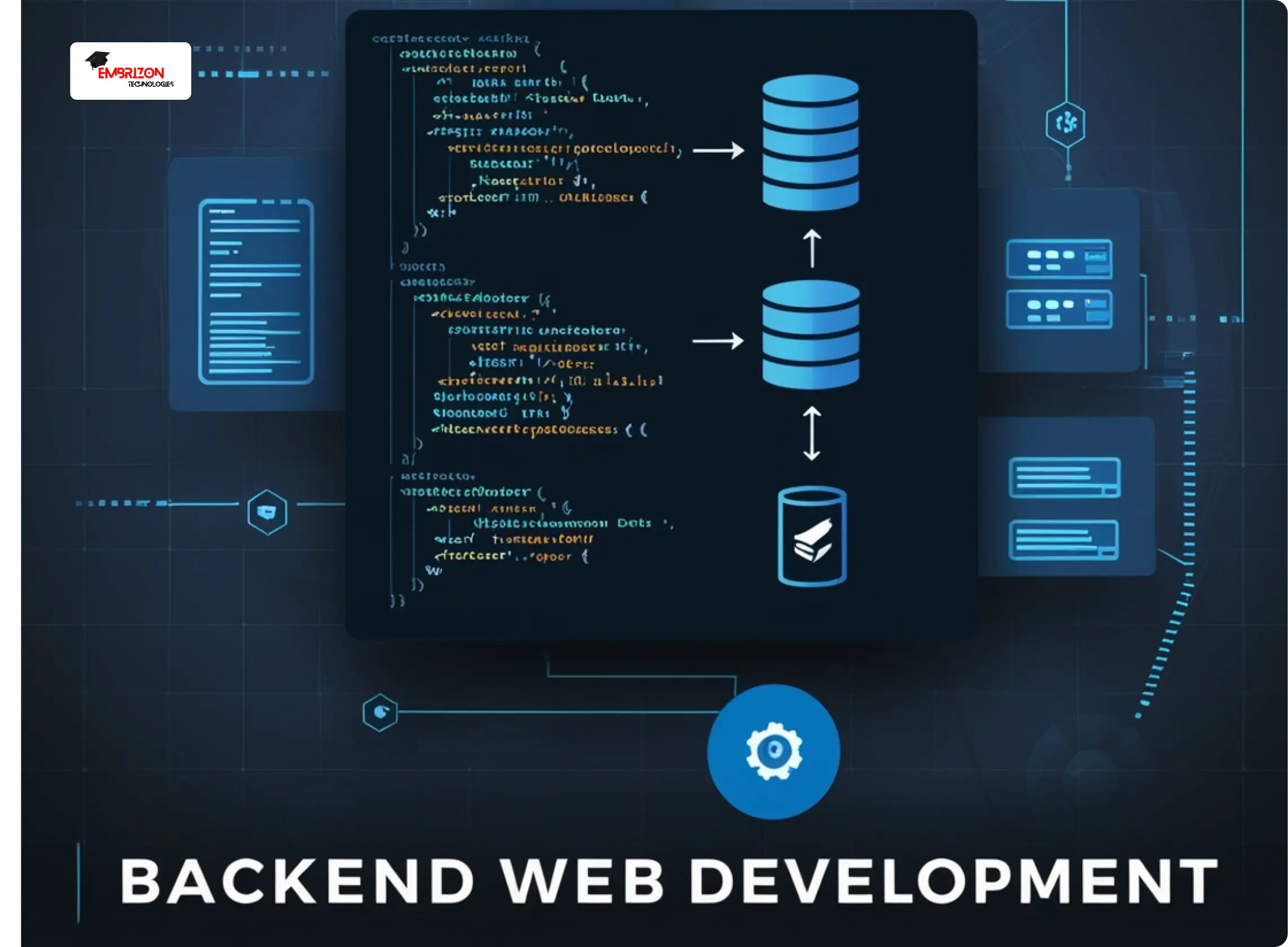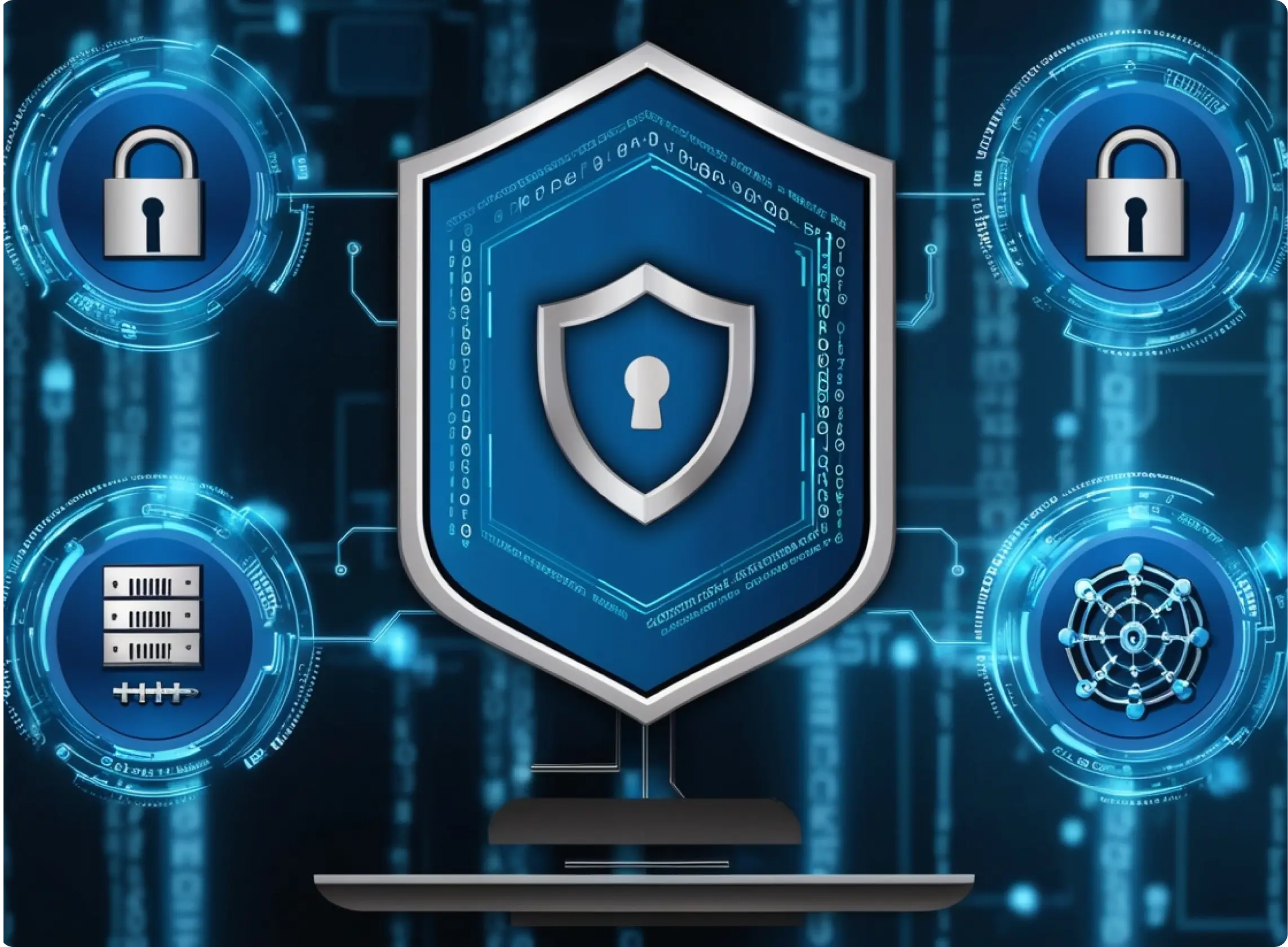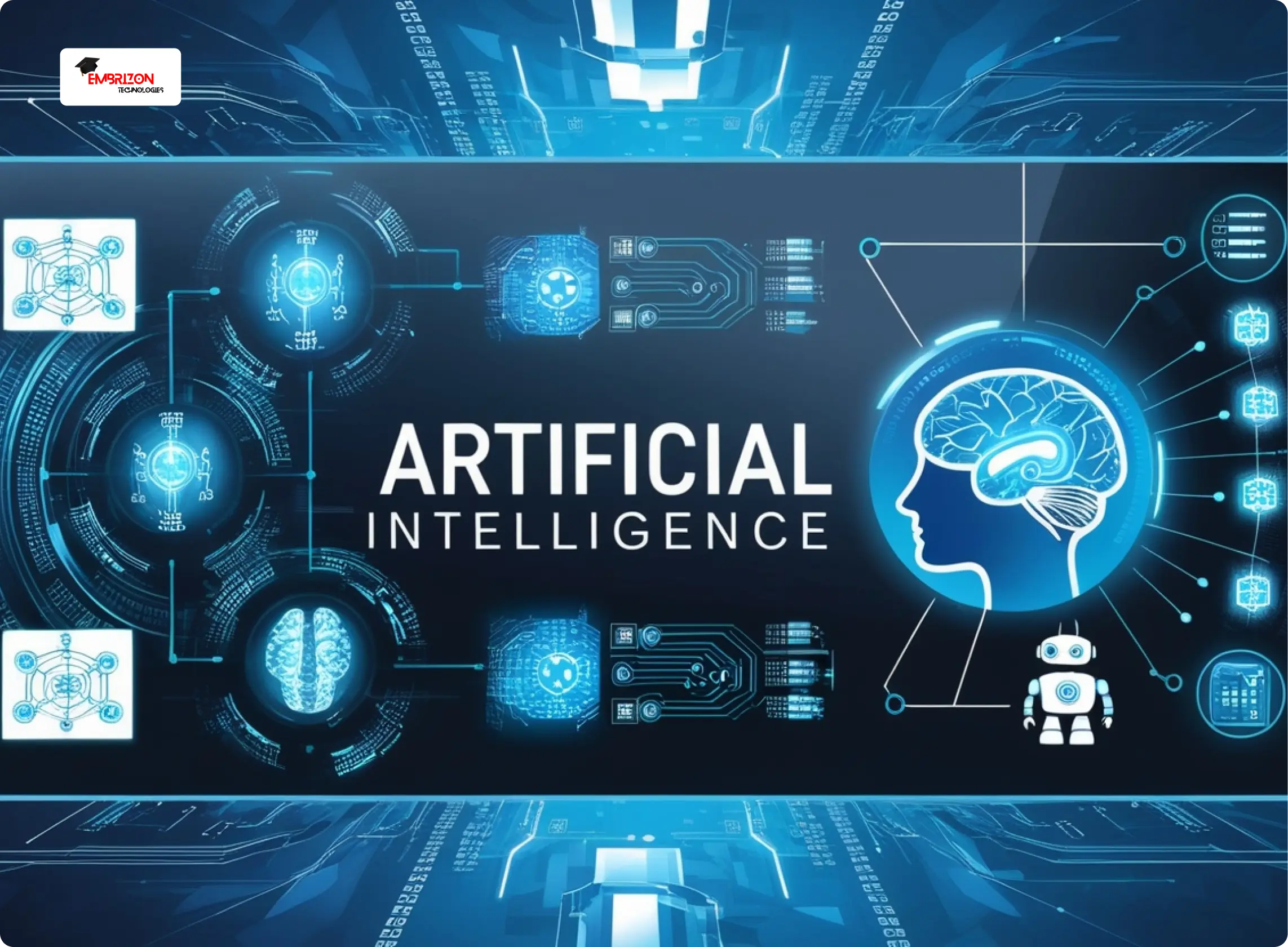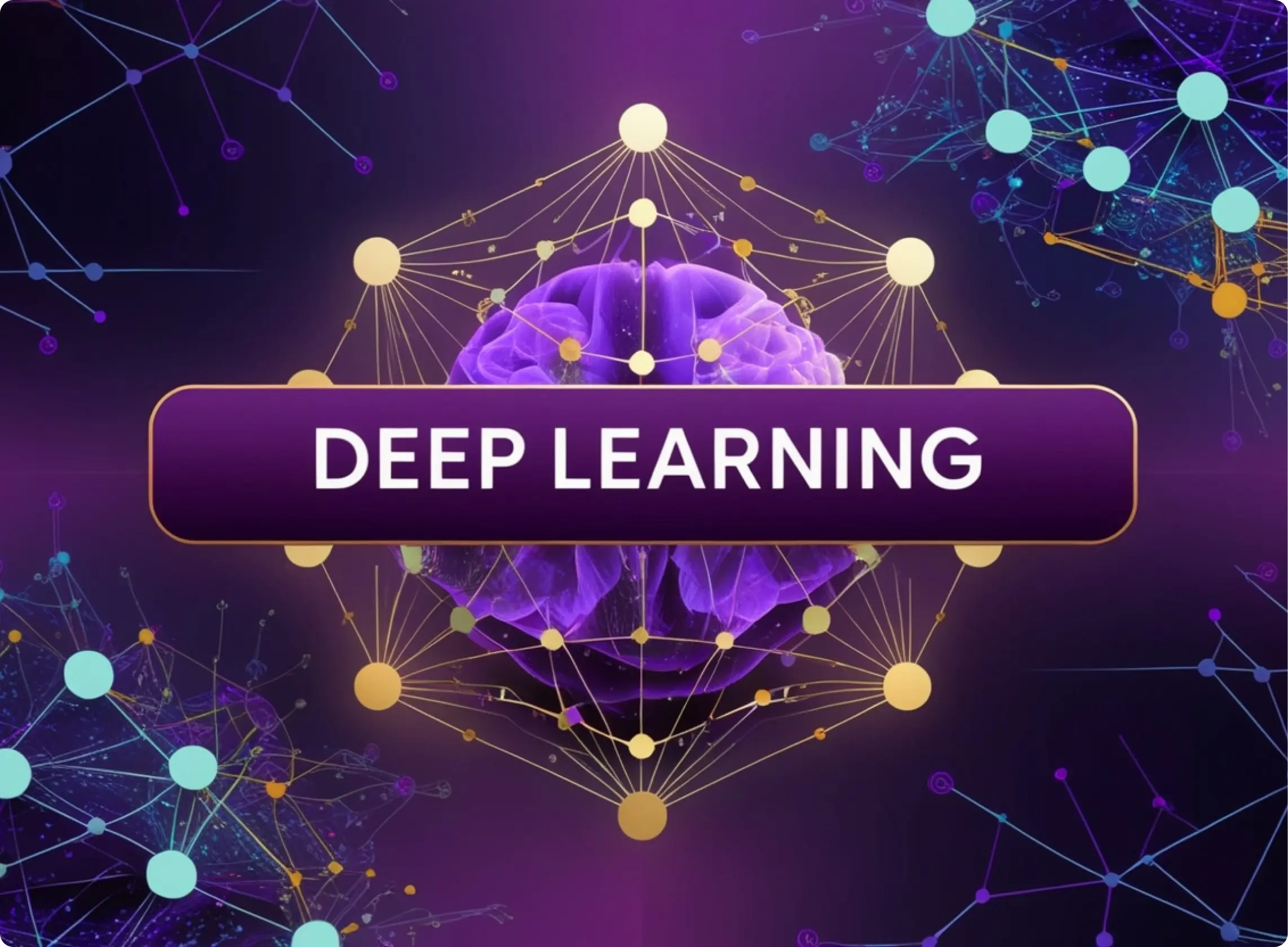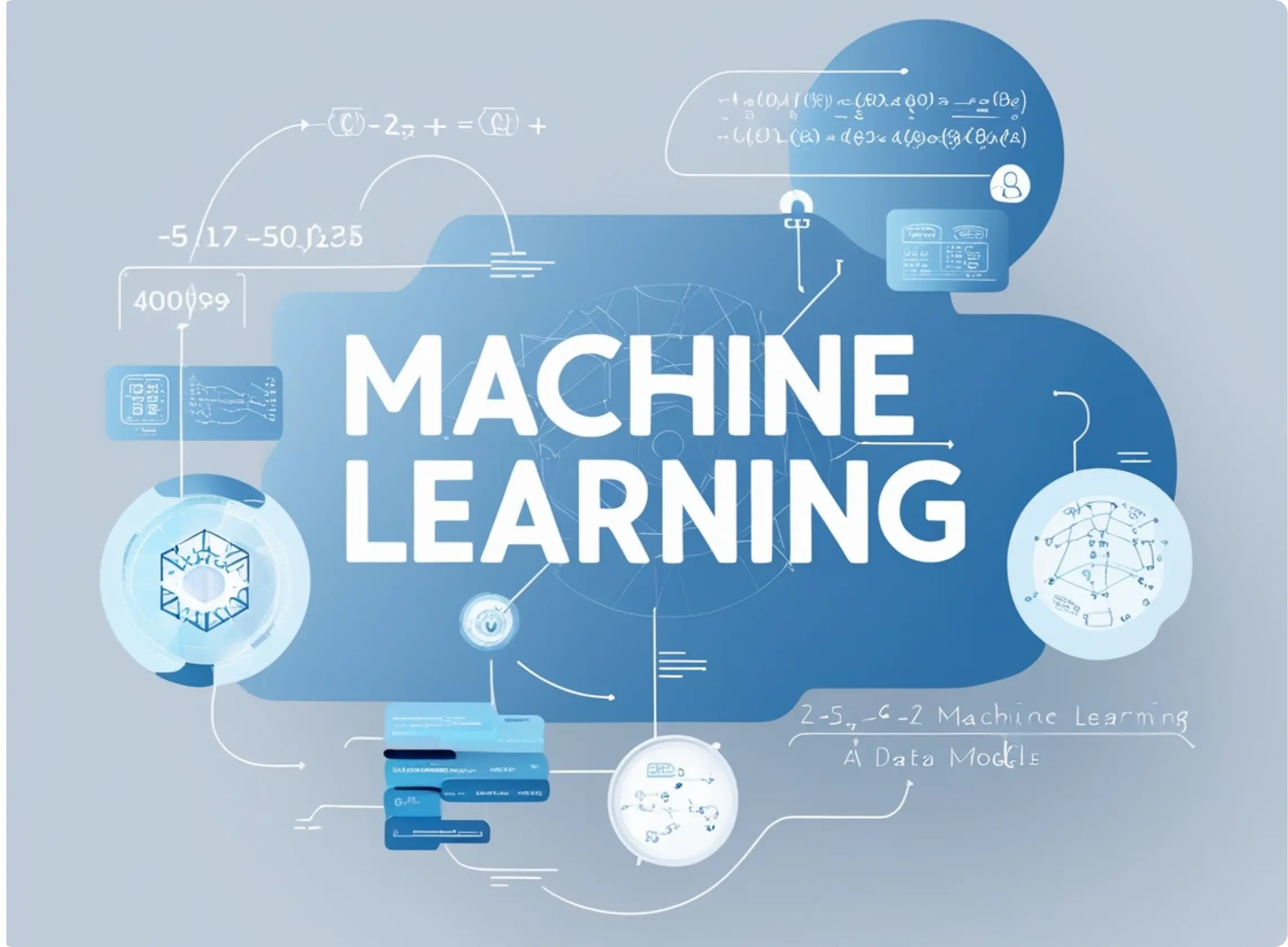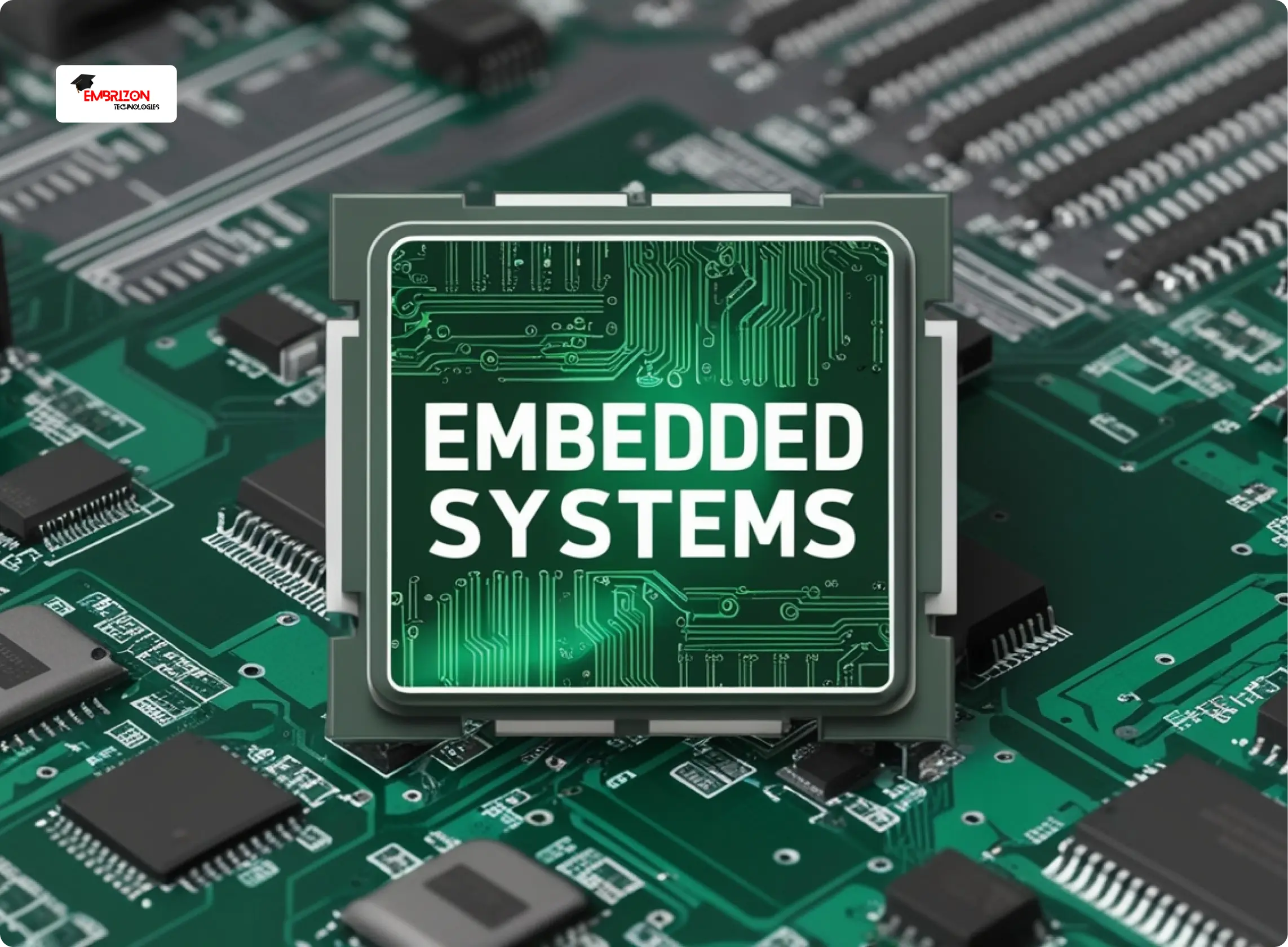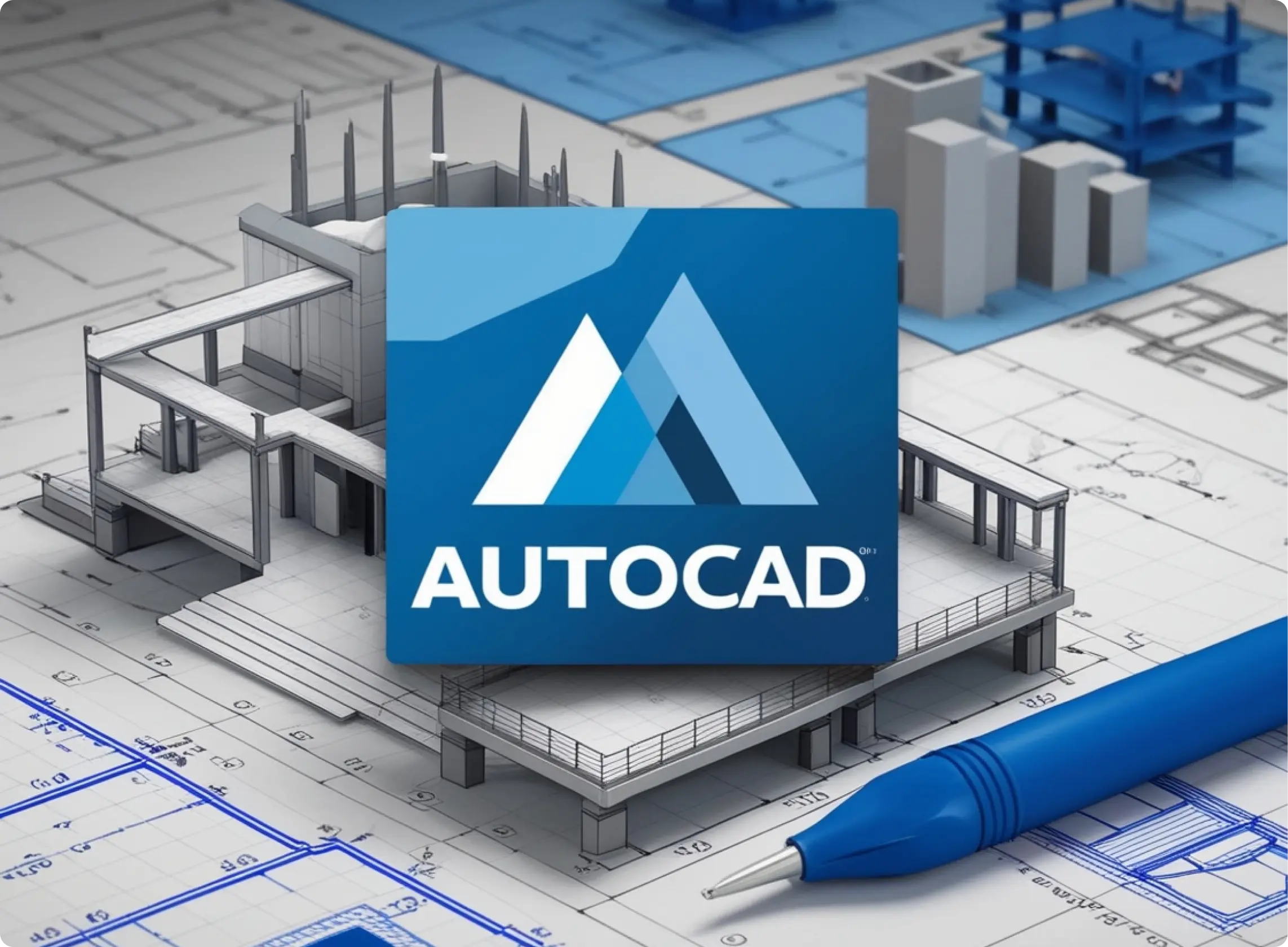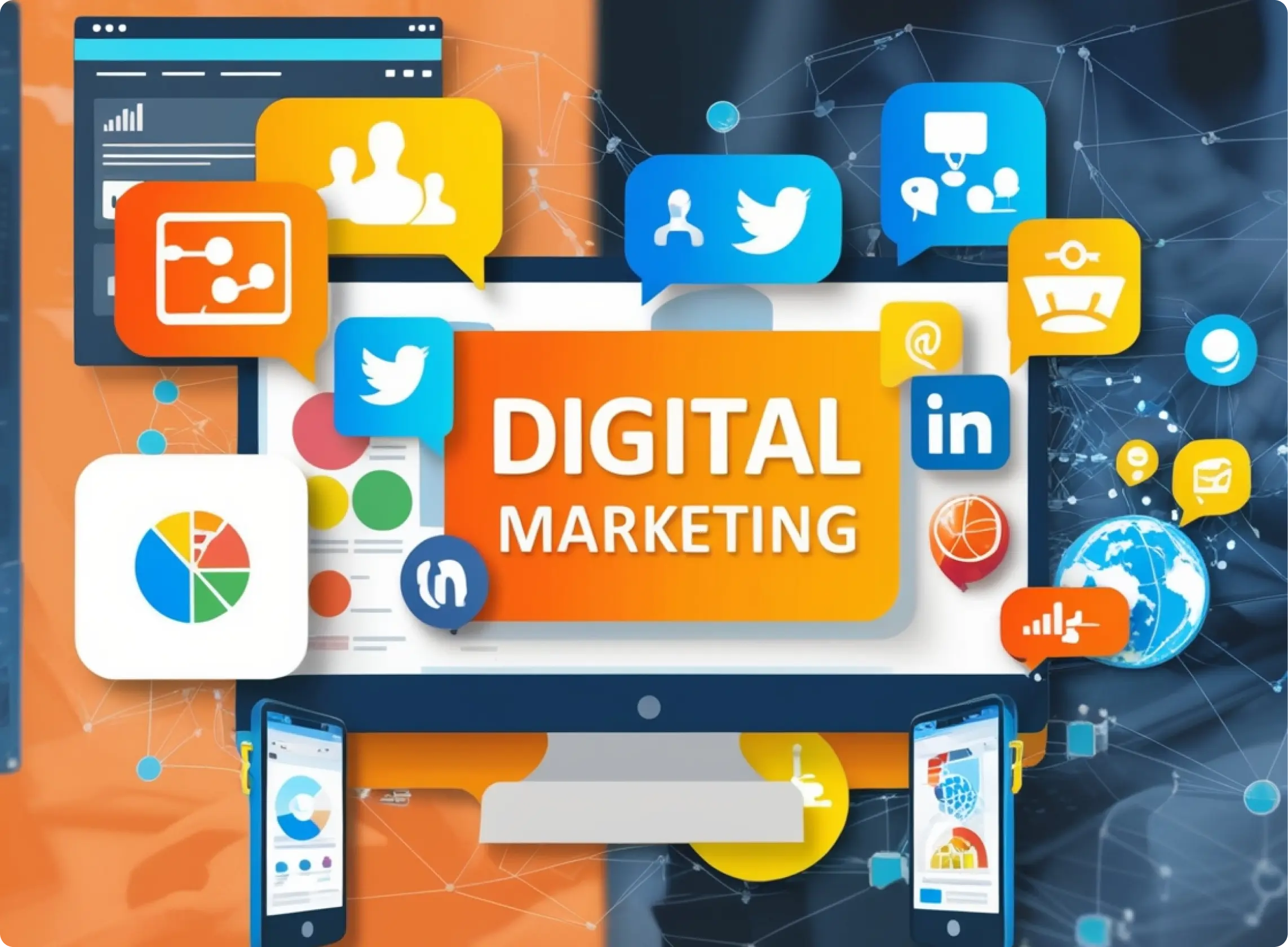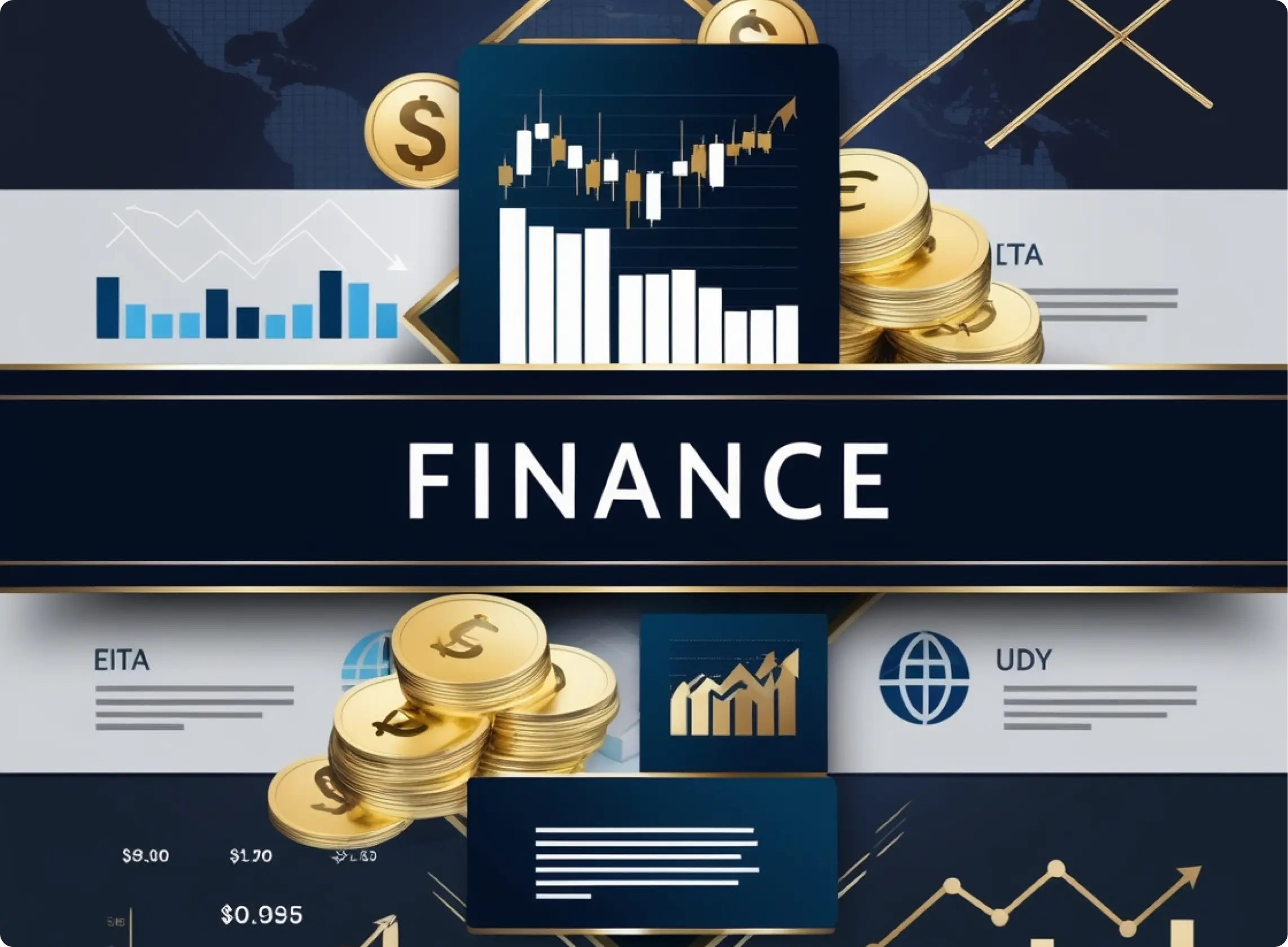When people hear “blockchain,” their minds often jump to Bitcoin and other cryptocurrencies. However, blockchain technology offers far more than a means of exchange. Its decentralized, transparent nature is transforming numerous industries, from finance and healthcare to supply chain management.
In the financial world, blockchain offers a way to increase transparency and reduce fraud. Through a decentralized ledger, transactions are publicly recorded, making fraud more challenging. The financial industry is adopting blockchain for cross-border payments, which are traditionally time-consuming and expensive. Blockchain allows these transactions to occur more quickly and with lower fees, benefiting both banks and customers.
Healthcare is also benefiting from blockchain technology. Medical records are critical, sensitive documents that are often stored in fragmented systems. Blockchain allows healthcare providers to securely share patient records with authorized parties, improving coordination and ultimately enhancing patient care. This system reduces the risk of data breaches by providing a secure, tamper-proof way to store and transfer sensitive information.
Supply chain management is another area where blockchain is making waves. By providing real-time tracking of goods, blockchain enables greater transparency and accountability. For instance, a retailer could trace a product’s journey from its origin to the store shelf, ensuring ethical sourcing and reducing waste. This transparency is particularly valuable for industries facing scrutiny for labor practices, such as fashion and agriculture.
In summary, blockchain technology has the potential to improve many sectors beyond cryptocurrency. Its applications in finance, healthcare, and supply chain management are just the beginning. As more industries adopt blockchain, we can expect a more secure and transparent digital landscape. It’s clear that blockchain is not just a trend—it’s a revolutionary shift in how data is managed and secured.
When people hear “blockchain,” their minds often jump to Bitcoin and other cryptocurrencies. However, blockchain technology offers far more than a means of exchange. Its decentralized, transparent nature is transforming numerous industries, from finance and healthcare to supply chain management.
In the financial world, blockchain offers a way to increase transparency and reduce fraud. Through a decentralized ledger, transactions are publicly recorded, making fraud more challenging. The financial industry is adopting blockchain for cross-border payments, which are traditionally time-consuming and expensive. Blockchain allows these transactions to occur more quickly and with lower fees, benefiting both banks and customers.
Healthcare is also benefiting from blockchain technology. Medical records are critical, sensitive documents that are often stored in fragmented systems. Blockchain allows healthcare providers to securely share patient records with authorized parties, improving coordination and ultimately enhancing patient care. This system reduces the risk of data breaches by providing a secure, tamper-proof way to store and transfer sensitive information.
Supply chain management is another area where blockchain is making waves. By providing real-time tracking of goods, blockchain enables greater transparency and accountability. For instance, a retailer could trace a product’s journey from its origin to the store shelf, ensuring ethical sourcing and reducing waste. This transparency is particularly valuable for industries facing scrutiny for labor practices, such as fashion and agriculture.
In summary, blockchain technology has the potential to improve many sectors beyond cryptocurrency. Its applications in finance, healthcare, and supply chain management are just the beginning. As more industries adopt blockchain, we can expect a more secure and transparent digital landscape. It’s clear that blockchain is not just a trend—it’s a revolutionary shift in how data is managed and secured.
